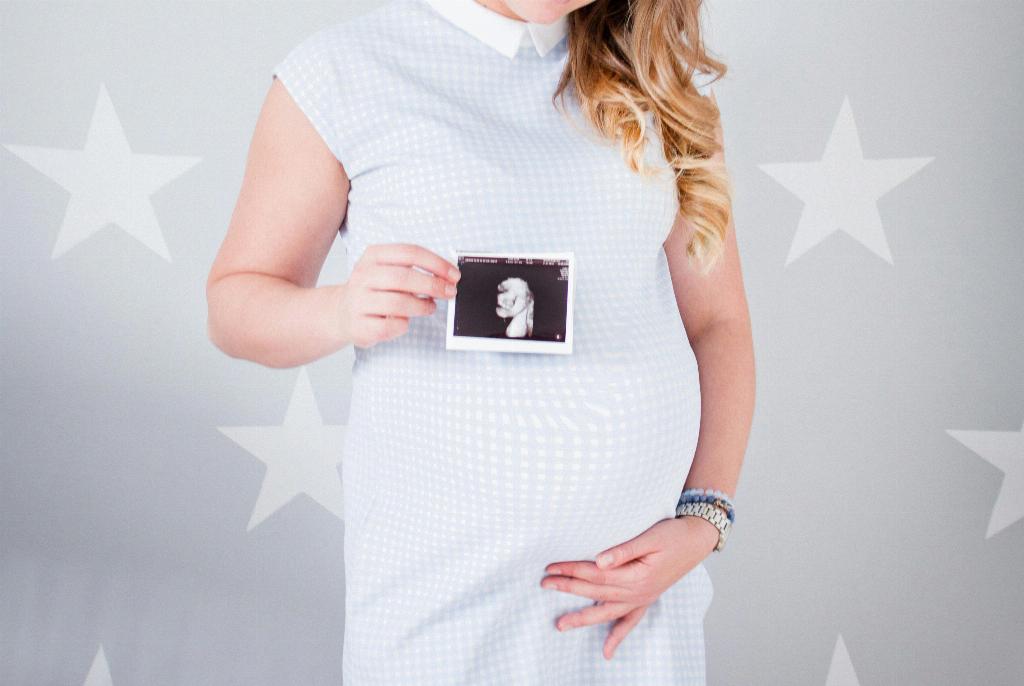Iron deficiency is a common concern during pregnancy, impacting both the mother’s health and the well-being of the developing baby. When a pregnant woman’s body lacks sufficient iron, it can lead to a condition known as iron deficiency anemia, which can have far-reaching consequences.
Maternal Health Effects
Low iron levels in pregnancy can result in a range of health issues for the mother. Women with iron deficiency anemia may experience symptoms such as fatigue, dizziness, shortness of breath, and heart palpitations, making everyday activities challenging.
Fetal Development Implications
The effects of low iron levels extend beyond the mother, affecting the developing fetus as well. Inadequate iron intake during pregnancy can hinder the baby’s growth and development, potentially leading to low birth weight and other complications.
Risk of Preterm Birth
Research suggests that iron deficiency anemia in expectant mothers may increase the risk of preterm birth, which can pose serious health risks for the baby. Babies born prematurely may face long-term health issues and developmental delays.
Impact on Cognitive Development
Adequate iron levels are crucial for optimal brain development in the fetus. Low iron during pregnancy has been associated with a higher likelihood of cognitive impairments in children, highlighting the importance of addressing iron deficiency early on.
Complications During Delivery
Mothers with iron deficiency anemia may be more prone to complications during labor and delivery. Weakness and fatigue can make the birthing process more challenging, potentially necessitating medical interventions.
Postpartum Recovery Challenges
Recovering from childbirth can be physically demanding, and low iron levels can exacerbate postpartum fatigue and slow down the healing process. Adequate iron stores are essential for replenishing the body’s resources after giving birth.
Long-Term Health Concerns
Women who experience iron deficiency anemia during pregnancy may be at an increased risk of persistent iron deficiency postpartum. Addressing low iron levels early on can help prevent long-term health complications for both mother and baby.
Importance of Prenatal Care
Regular prenatal check-ups are crucial for monitoring iron levels and addressing any deficiencies promptly. Healthcare providers can offer guidance on iron-rich foods, supplements, and lifestyle changes to support maternal and fetal health throughout pregnancy.
Preventative Measures
Ensuring an adequate intake of iron-rich foods, such as lean meats, legumes, leafy greens, and fortified cereals, can help prevent iron deficiency during pregnancy. Supplementing with prenatal vitamins as recommended by healthcare providers can also bolster iron levels.
Consulting with Healthcare Professionals
If you suspect you may have low iron levels during pregnancy or are experiencing symptoms of iron deficiency anemia, it’s essential to consult with your healthcare provider. They can conduct diagnostic tests, offer tailored recommendations, and monitor your progress to ensure a healthy pregnancy.
Conclusion
In conclusion, the impact of low iron on pregnancy is significant, affecting both the mother’s well-being and the baby’s development. By prioritizing adequate iron intake, seeking prenatal care, and addressing any deficiencies promptly, expectant mothers can promote a healthier pregnancy and improve outcomes for themselves and their babies.

